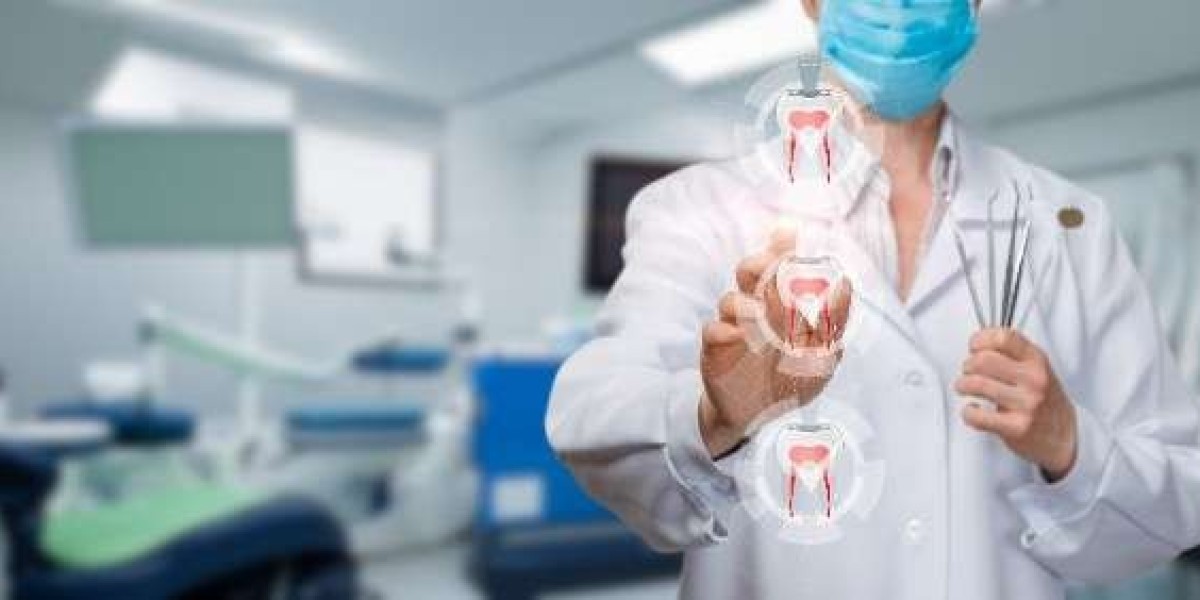Tooth trouble has a way of showing up at the worst times mid-meal, during holidays, or late at night. While some dental issues can wait a day or two, others demand immediate attention. Knowing the difference is key to saving a tooth, reducing pain, and preventing bigger problems. Let’s look at five signs that it’s time to call an emergency dentist right away.
1. Severe, Persistent Tooth Pain
When Discomfort Turns Into a Warning
Everyone experiences minor toothaches now and then, but when the pain becomes intense and unrelenting, it’s a signal that something’s not right. This isn’t the type of discomfort that fades with over-the-counter pain relief. It often lingers or worsens with time.
Common causes of severe dental pain include:
Infected or abscessed teeth
Exposed nerves due to decay or trauma
A cracked or fractured tooth allowing bacteria inside
Gum infections that have spread deeper
Persistent tooth pain can interfere with your sleep, eating, and day-to-day functioning. It’s not just uncomfortable, it can be dangerous if left untreated. That’s why contacting an emergency dentist in Chesterfield as soon as possible is important. Quick action can ease the pain and often prevent the need for more complex procedures.
2. A Knocked-Out or Loose Tooth
It Might Be Saved If You’re Fast
Accidents happen whether from a fall, a blow to the face, or biting something too hard and sometimes, they result in a tooth being knocked out or becoming loose. If dealt with quickly, a knocked-out adult tooth can sometimes be successfully reimplanted. The sooner you act, the better your chances.
Here’s what to do immediately:
Pick up the tooth by the crown (the top part), not the root
Rinse it gently with water if dirty, but don’t scrub or use soap
If you can, try to reposition it in the socket
If not, store it in a small container of milk or hold it inside your cheek
Avoid letting it dry out
Timing matters. Dentists usually have the best chance of saving a knocked-out tooth if treatment is started within an hour. If you’re local, a dentist can assess the damage, manage the pain, and try to restore your natural smile.
A loose tooth in an adult, meanwhile, is never normal. It might be caused by injury, gum disease, or bone loss and requires urgent evaluation to stop it from falling out altogether.
3. Facial or Gum Swelling
More Than Just Puffiness
Swelling in your face, gums, or jaw isn’t something to brush off. It often points to infection whether it's a gum abscess, an infected tooth, or an issue that’s spread to the jaw or cheek. Left untreated, dental infections can lead to complications like cellulitis or even sepsis, both of which require emergency medical attention.
Swelling may be accompanied by:
Warmth or redness in the affected area
Pain when chewing or touching the jaw
Fever or chills
Difficulty swallowing or opening your mouth
You might also notice a foul taste in your mouth or pus around the affected tooth. If these symptoms appear, it’s crucial to seek help without delay. A qualified dentist can help identify the infection’s source, drain it if necessary, and prescribe the right treatment to stop it from worsening.
4. Chipped, Cracked, or Broken Teeth
Not Always Painful, But Still Urgent
At first glance, a chipped or cracked tooth might seem like a cosmetic issue—especially if there’s no pain. But even small fractures can expose the tooth's inner layers to bacteria, putting it at risk of infection or decay. That small chip could eventually lead to a root canal if ignored.
Here are some signs the damage is more serious:
Sharp edges that cut the tongue or cheek
Sensitivity to temperature or pressure
Throbbing pain that develops over time
Visible lines or splits across the tooth
Cracks that reach the root often require more than a simple filling or crown. If the tooth can’t be saved, your dentist may recommend a dental implant Chesterfield as a permanent replacement. Implants don’t just restore the look of your smile they also preserve your jawbone and keep nearby teeth from shifting.
Addressing a broken tooth promptly helps you avoid infection, pain, and costlier treatments later.
5. Uncontrolled Bleeding from the Mouth
Bleeding That Won’t Stop Deserves Immediate Attention
Occasional bleeding from the gums, especially during brushing or flossing, is fairly common though it can be a sign of early gum disease. However, if your mouth is bleeding heavily and it doesn’t stop after 10–15 minutes of applying gentle pressure, that’s a clear sign of an emergency.
Bleeding might occur due to:
Accidents or facial injuries
Recent dental extractions
Advanced gum disease
Sharp food or foreign objects stuck in the gums
When bleeding is persistent, heavy, or accompanied by swelling or pain, you shouldn’t wait. A dentist will examine the cause, stop the bleeding, and provide the necessary care to stabilise your oral health.
Uncontrolled bleeding can sometimes signal an underlying issue, such as a clotting disorder or an infection that needs further attention.
When a Dental Implant Might Be the Next Step
Sometimes, dental emergencies result in tooth loss. Whether it's from trauma, severe decay, or a failed root canal, losing a tooth isn’t the end of the road. Dental implants offer a lasting, realistic solution for replacing missing teeth both in terms of aesthetics and function.
If your emergency visit reveals that a tooth cannot be saved, your dentist may talk to you about a dental implant in Chesterfield. These implants are small titanium posts placed into the jawbone to support a crown or bridge.
The benefits of implants include:
Maintaining the natural alignment of your bite
Preserving jawbone structure and preventing bone loss
Offering a stable, permanent alternative to dentures
Allowing normal eating and speaking
Dental implants are often the best long-term solution following emergencies where saving the natural tooth is no longer possible.
Conclusion
Dental emergencies can strike at any time, but knowing the warning signs gives you the upper hand. Severe pain, swelling, bleeding, or a lost tooth aren’t just inconveniences, they're signs to act. EDC is here to provide expert care and support when dental issues arise. Don’t wait until it’s too late. A quick call today could save your tooth and your peace of mind.








